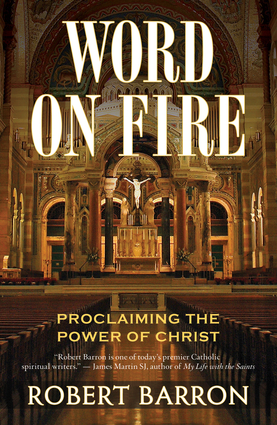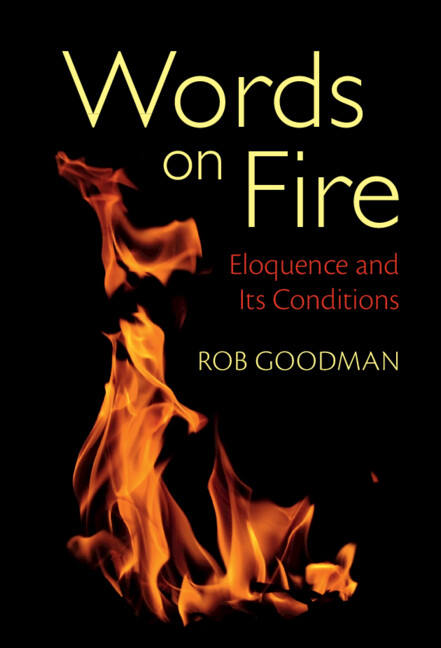

Audra encounters danger at every turn, but she also tries to maintain a freshly found sense of purpose and hope. When Russian Cossack soldiers come to take Audra’s parents away, she is forced to flee and ends up on an unexpected path that changes her life forever.

However, book smuggling is illegal, and those caught in the act face imprisonment or even worse. Unbeknownst to Audra, her parents help smuggle books to keep memories of their homeland alive. It is also a dangerous time, especially for anyone who still preserves and protects Lithuanian culture.

Words on Fire closes with a call to action: We can learn the lessons of today to prepare for tomorrow, to help civic leaders, engaged citizens, journalists, and public officials recognize the phenomenon and take steps to hold other leaders accountable in the future when they use such language.It is 1893 in Lithuania, a time when the Russian Empire controls the country. It profiles leaders who dialed back their rhetoric when it was shown to put people’s lives at risk. It also describes the changes in the nation’s political culture and media that led to Trump’s nomination and presidency. The book documents Trump’s increasingly dangerous rhetoric through the campaign and first 2 ½ years in office, and how some lone wolves were motivated by the rhetoric to commit violence. The book draws on the most recent scholarship on lone wolves, their mindset, and what it takes to activate them to commit violence. The author suggests a more accessible name: lone-wolf whistle violence, on the model of “dog whistle” politics. Since 9/11 the use of rhetoric that provokes violence has been known as “stochastic terrorism,” a phrase that tends to confuse and that makes discussion difficult. The language triggers lone wolves to commit violence. The Nazis used all twelve the Rwandan Hutu used ten. The book includes a history of such rhetoric, and identifies a playbook consisting of twelve forms of communication that typically precede genocides and other acts of mass violence. Author Helio Fred Garcia focuses on the language President Trump uses that conditions an audience to accept, condone, and commit violence against a targeted group, rival, or critics. Words on Fire is about the power of communication to do great harm, and how civic leaders and engaged citizens can hold leaders accountable to prevent such harm.


 0 kommentar(er)
0 kommentar(er)
